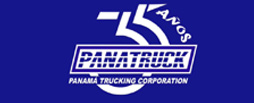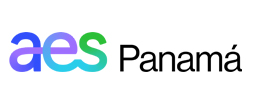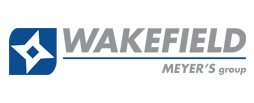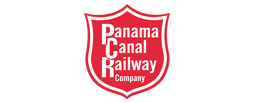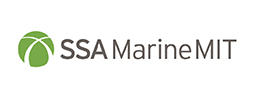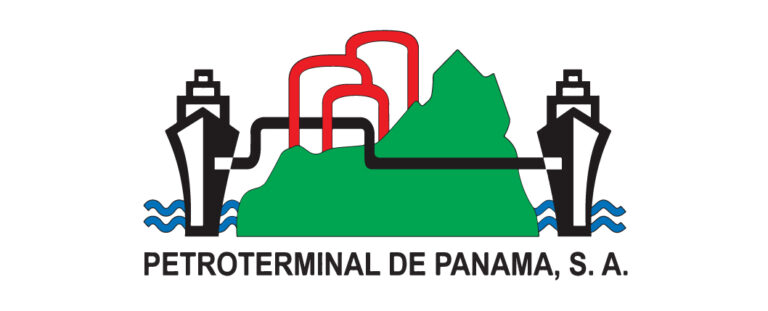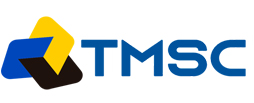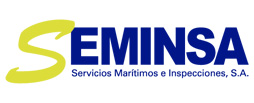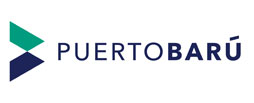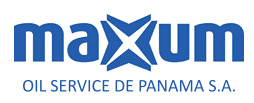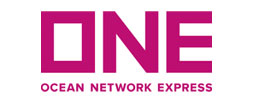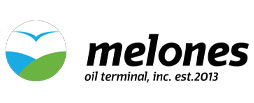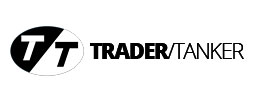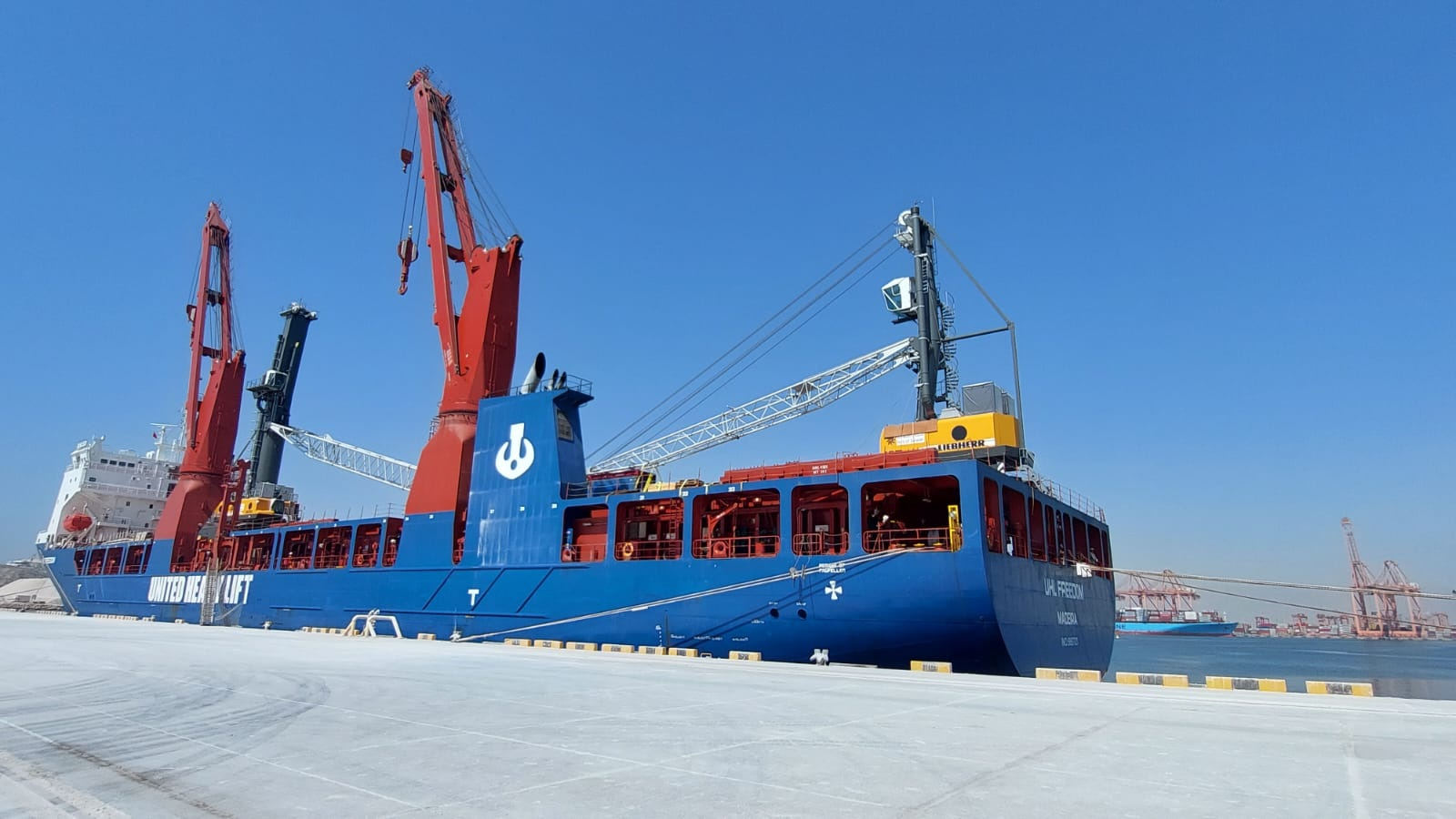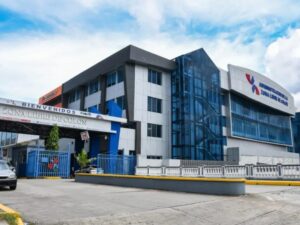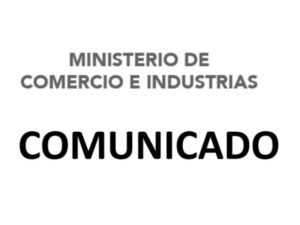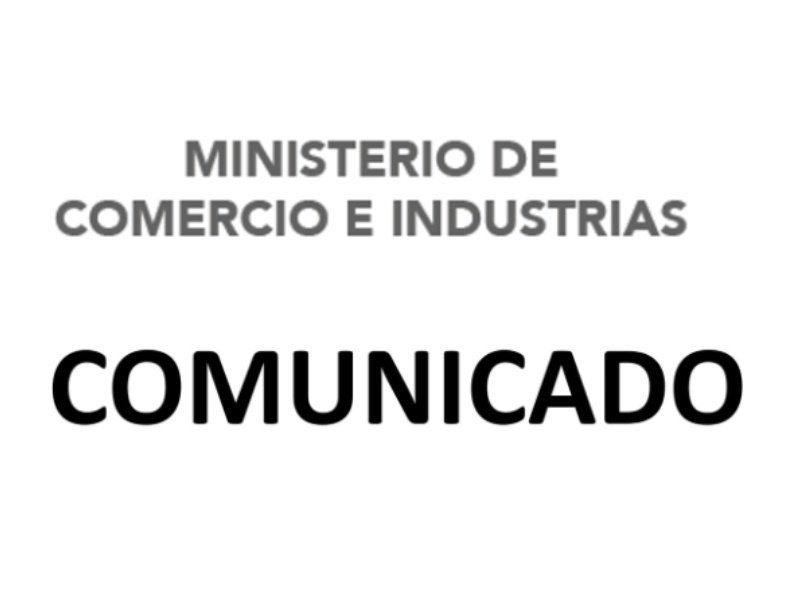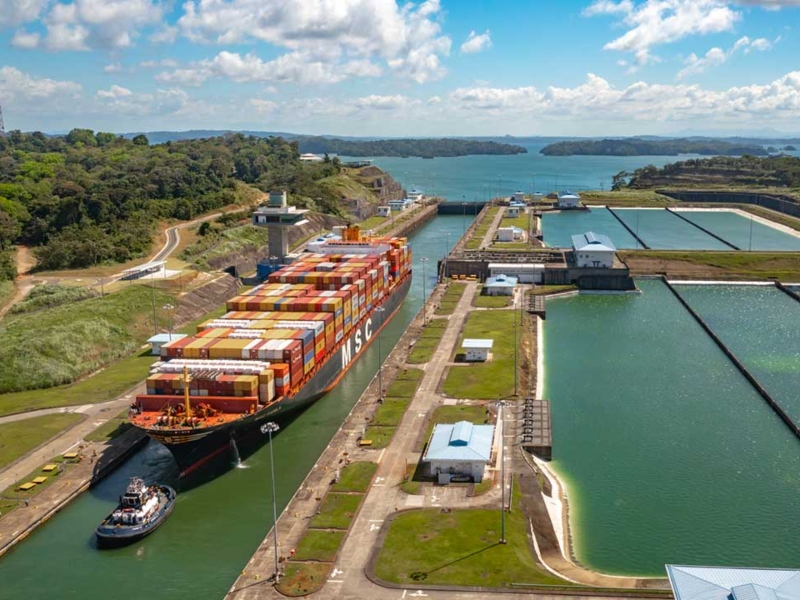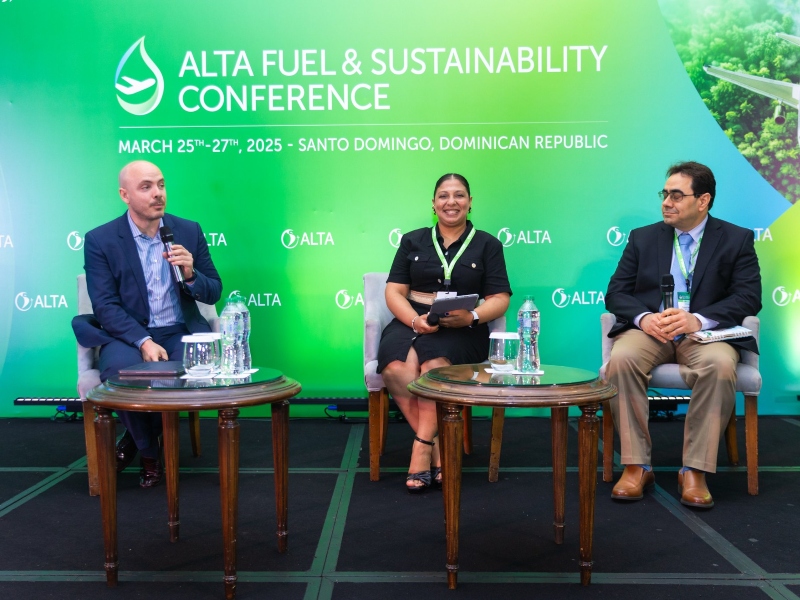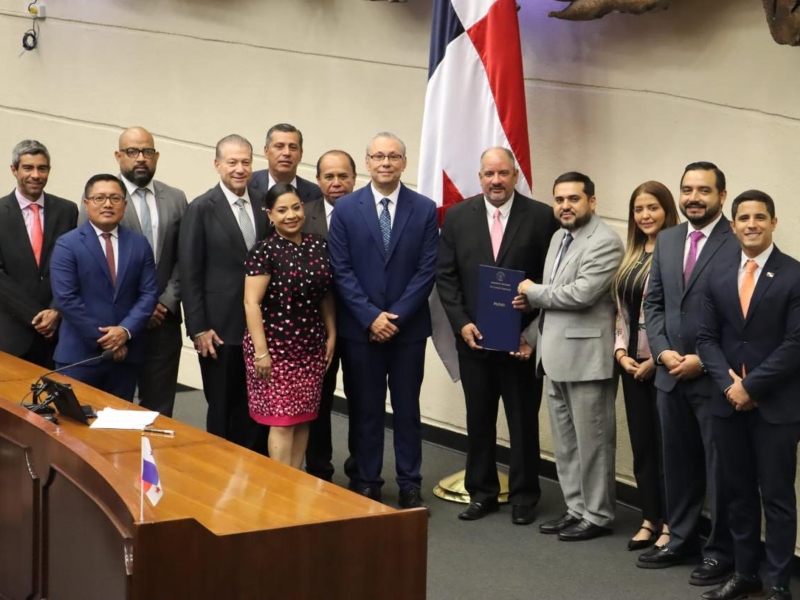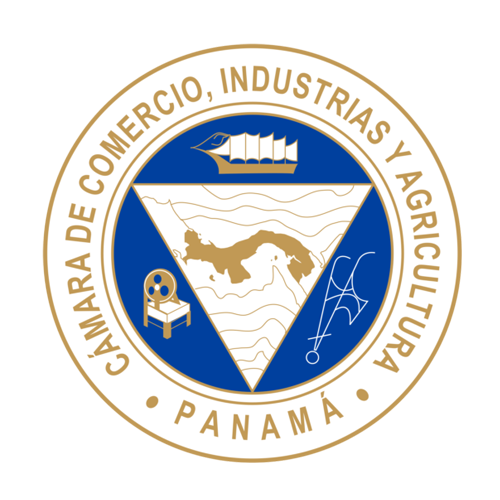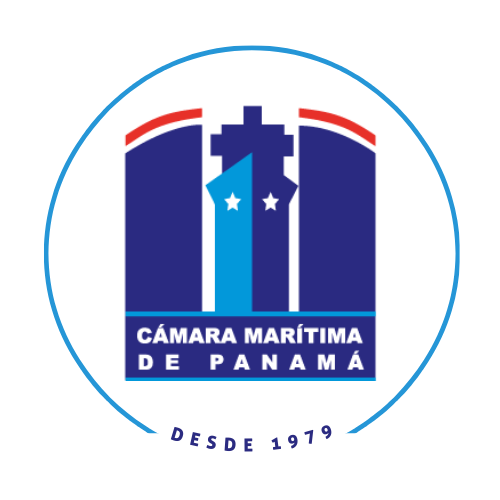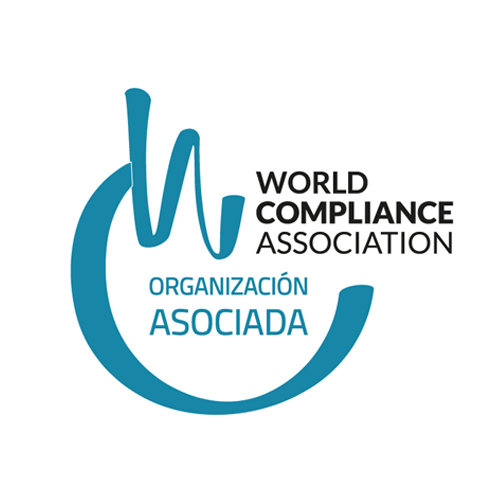Source: APM Terminals
This year, the Port of Salalah, Oman, has brought sixteen new eco-efficient, rubber-tyred gantry cranes (RTG’s) from ZPMC into operation and three new mobile harbour cranes from Liebherr. This has enabled the port to expand operations, enhance container and general cargo handling and reduce the terminal’s environmental impact.
The contract with ZPMC and Liebherr is a part of a wider investment in expanding the Port’s future capacity to ensuring the terminal is equipped with the latest technology and equipment to support local and international business customers.
This agreement aligns with Oman’s 2040 Vision, to elevate infrastructure as a key economic instrument to further grow the transportation and logistics sector.
Environmental benefits
Reducing fuel burn by 20%, the new RTGs are an important step in the terminal’s long-term plan to have zero-carbon emissions. They are fitted with the latest Siemens technology and are capable of lifting 41-tons, with six wide stacking plus truck lanes.
They can be fully monitored remotely and are integrated with the asset digitization system currently being installed in the terminal to monitor production and efficiency. In addition, they have laser anti-collision systems to provide protection to machinery and pedestrians.
“Innovation and improvement are at the heart of our Port-centric solutions. Our investment in the latest RTG’s and mobile harbour cranes demonstrates our long-term commitment to optimise operational efficiencies and cargo handling services while accommodating existing and new trade,” said Mark Hardiman, CEO of the Port of Salalah.
World-leading efficiency
In the latest Container Port Performance Index (CPPI 2020) produced by the Transport Global Practice of the World Bank, the Port of Salalah achieved world class efficiency, ranking 6th amongst 351 ports globally. “The new equipment will help us to continue expanding our capabilities, capacity, efficiencies and support increased demand,” concludes Mark Hardiman.
The Port of Salalah Container Terminal has a 2.4 km container berth quay and seven berths of up to 18m draft. Its infrastructure can handle the world’s largest container vessels, as well as bulk cargo, bunkering and warehousing. The terminal has an annual capacity of 5 million TEU and is viewed as the region’s best located port for access the Middle East, Indian Subcontinent and East Africa.
APM Terminals signed a 30-year concession agreement with the government of Oman to build and manage this world-class container facility until 2028. APM Terminals holds a 30% stake in the Port operating company Salalah Port Services. Other shareholders include the government (20%), government pension funds (23%), and others (27%).
Since then, the Port has made significant strides towards achieving world-class operational standards. Around US$800 million has been invested in infrastructure.
![]()




